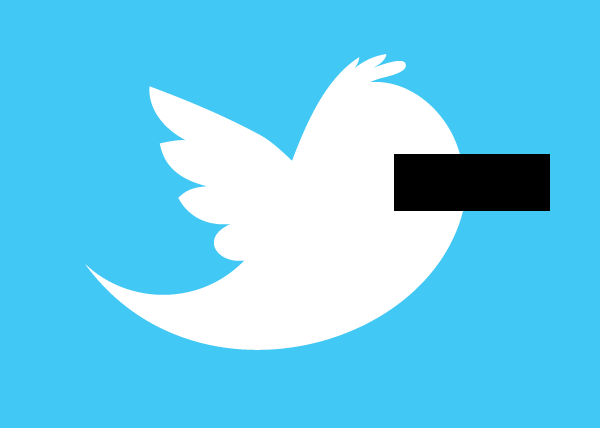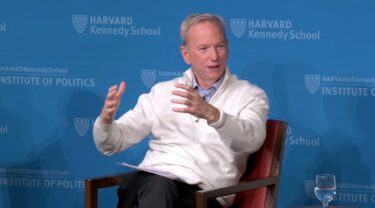One day after Jack Dorsey resigns as CEO of Twitter and Parag Agrawal takes his place, the social media company bans “media of private individuals without the permission of the person(s) depicted,” but makes exceptions for the corporate media.
With a new CEO at the helm, Twitter’s newly-expanded policy will continue to allow corporate media to use “media of private individuals” without their consent in many situations.
“We would take into consideration whether the image […] is being covered by mainstream/traditional media (newspapers, TV channels, online news sites)” — Twitter
“We will always try to assess the context in which the content is shared and, in such cases, we may allow the images or videos to remain on the service,” reads a Twitter blog post from November 30, 2021.
“For instance, we would take into consideration whether the image is publicly available and/or is being covered by mainstream/traditional media (newspapers, TV channels, online news sites), or if a particular image and the accompanying tweet text adds value to the public discourse, is being shared in public interest, or is relevant to the community.”
https://twitter.com/TwitterSafety/status/1465683094581792771
“Images/videos that show people participating in public events (like large scale protests, sporting events, etc.) would generally not violate this policy” — Twitter
Twitter’s private information policy says its aim is “to protect individuals from potential physical harm as a result of their information being shared.”
Today’s expansion of that policy is “not applicable to media featuring public figures or individuals when media and accompanying Tweet text are shared in the public interest or add value to public discourse.”
Images and videos of protest, such as the massive global demonstrations against vaccine passports and government mandates, “would generally not violate this policy.”
https://twitter.com/TwitterSafety/status/1465738078220288000
According to Twitter, the following media are not a violation of its expanded policy:
- The media is publicly available or is being covered by mainstream media
- The media and the accompanying tweet text add value to the public discourse or are shared in public interest
- Contains eyewitness accounts or on the ground reports from developing events
- The subject of the media is a public figure
Other exceptions to the rule include sharing “images or videos of private individuals in an effort to help someone involved in a crisis situation, such as in the aftermath of a violent event, or as part of a newsworthy event due to public interest value, and this might outweigh the safety risks to a person.”
Overall, it seems Twitter’s expanded policy will ban media depicting private individuals without their consent unless Twitter determines the media content to be:
- Considered newsworthy
- In alignment with corporate media narratives
- Of value to the public
- Without harmful intent
The move comes one year after Agrawal, then CTO, told MIT Technology Review that Twitter’s “role is not to be bound by the First Amendment” and that the big tech giant wanted to “focus less on thinking about free speech” in favor of promoting “healthier public conversation.”
WEF Founder Klaus Schwab calls for a ‘great narrative’ for humankind at meeting in Dubai
Tech products, culture are ‘designed intentionally for mass deception’: Ex-google ethicist testifies
Citizens all over the world are rising up against vaccine passports, lockdowns












